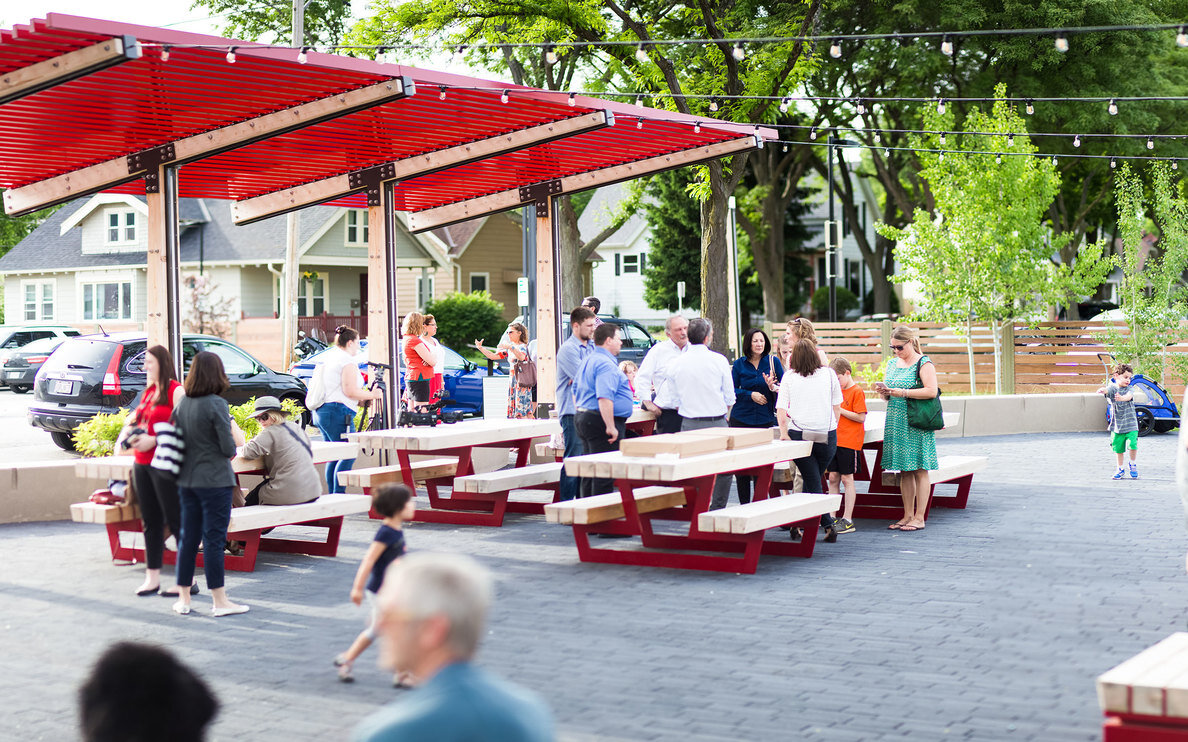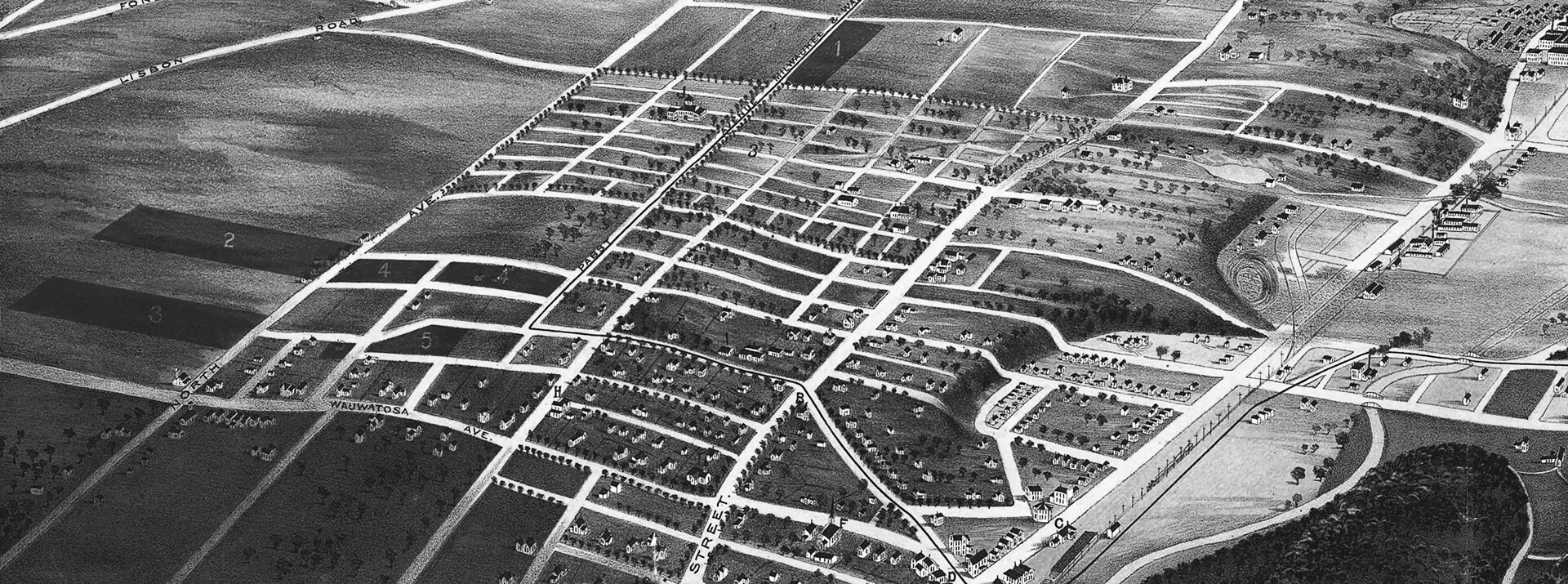
About TETNA
Overview | Directory | History | Scholarship Fund | Newsletter
Tosa East Towne Neighborhood Association (TETNA) serves the area of Wauwatosa bounded on the south by North Avenue, on the east by 60th Street, on the west by Wauwatosa Avenue (76th Street) and on the north by the city limits. Our philosophy is to provide a welcoming and nurturing environment, and to maintain the quality of life and sense of community through shared interests and neighborly interaction.
TETNA Goals:
Ensure the quality of life that the community has always been known for.
Promote the maintenance of the quality appearance of our homes, businesses, institutions, and public areas and enhance neighborhood property values.
Facilitate communication within our neighborhood and collaborate in working for our neighborhood.
Provide the means for people in our neighborhood to work with each other to meet individual and group goals.
Ensure that our neighborhood remains a safe place to live, work, and play.
Promote communication and coordination with governmental, private, and public resources to strengthen our neighborhood.
Shall not endorse, either directly or indirectly, a candidate for political office.
Directory
TETNA OFFICERS
President
Kelli Kerkman
Vice President
Vacant
Treasurer
Scott Davis
Secretary
Zack Goehner
Past President
David Paulsen
BOARD MEMBERS
Courtney Abell
Lorenzo Gudino
Jessi Harris
Eric Larsen
Joe Liban
Robin Luther
Margaret Malnory
NEWSLETTER
Editor
Lani Knutson
Advertising/Distribution
David Paulsen
Area 1
Amy Fox
Area 2
Rebecca Torres
Area 3
Marie Rider
Area 4
Kathy Strapp
Area 5
Bridget Brown
Area 6
Tricia Brunmeier
EVENTS/COMMITTEES
Egg Hunt
Karli and Eric Larsen
Run Tosa Run
David Paulsen
Rummage Sale
Jessi Harris
Trick-or-Treat
Vacant
TETNA Scholarship
Kelli Kerkman
COMMUNITY
5th District Alders
Rob Gustafson
Sean Lowe
Senior Representative
Mary Cook
WPD Community Support
471-8430
Non-Emergency Dispatch
471-8444

Tosa East Towne History
by Ed Wilkommen, Editor of "Historic Wauwatosa"
Past President of the Wauwatosa Historical Society
Long ago, intrusions by glaciers made our area quite fertile, drained by a small stream that would come to be known as Schoonmaker Creek, which we now see flowing through the Washington Highlands. Many people enjoyed the land we call Eastown including Potawatomi, Ottawa, Sauk, Chippewa and other tribes of Native Americans, each migrating across our area at different times in our history. A treaty was negotiated with the Native American tribes in September 1833 transferring our area to the United States Government.
Charles Hart was the first white settler to arrive here in 1835. Two years later his brother, Thomas Benjamin joined him and they built a sawmill in 1838 or 1839 and a grist mill in 1841. Around this nucleus grew our community, Wauwatosa - named after Sauk Indian Chief Wauwatosa.
The area that came to be known as Eastown is located in the southern half of Section 15 of the Town of Wauwatosa. The limits of our town are between 27th Street and 124th from east to west and between Hampton Avenue and Greenfield Avenue from north to south.
The first owners of our area split the land down the middle, more or less. Aaron and Nathan Paddack owning the western half and H. H. Freeman, who obtained his land patent in 1839, owning the eastern half. These men sold off parcels of land to men and women who farmed our area. The most famous farmer in the Eastown area was Abraham Lefeber, who purchased 62 acres in 1868. After he died in 1922, his farm was subdivided into lots and in his honor, Lefeber Avenue, was constructed through the center of his land. In the late 1800s Wauwatosa went through some changes in the style of government overseeing the area. In 1892, Wauwatosa changed from town-type government to village form. Then on May 27, 1897, we became a city. In both cases, the northern boundary of Wauwatosa was Wright Street.
In Eastown all areas north of Wright Street were added as subdivisions. The subdivisions developed in Eastown were: Rittoer Highland View and its Extension (1925), Ritter Oak Ridge and its Extension (1925), Wauwatosa Homestead (1926), Hauser Homes (1926), John Weinz Acreage (1926), J. F. LaBoule's (1926). The decade of the 1920's was Eastown's greatest growth period.




